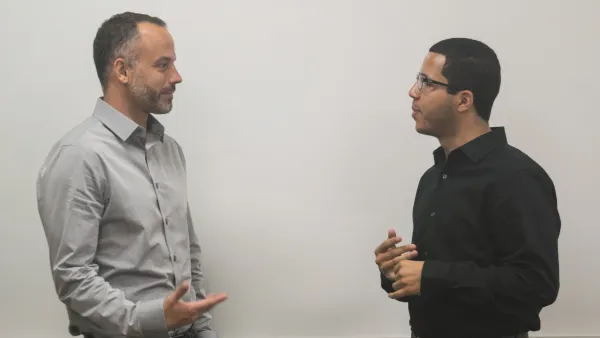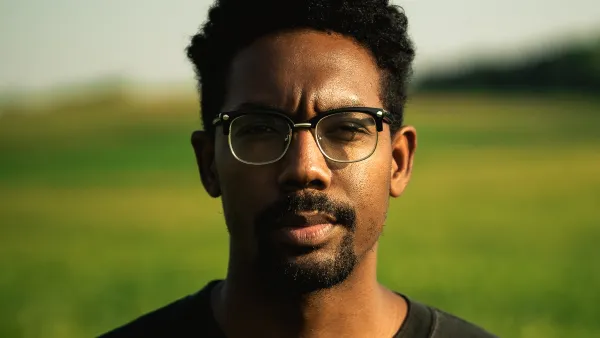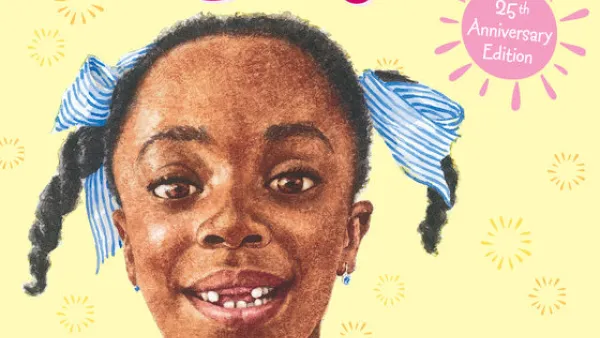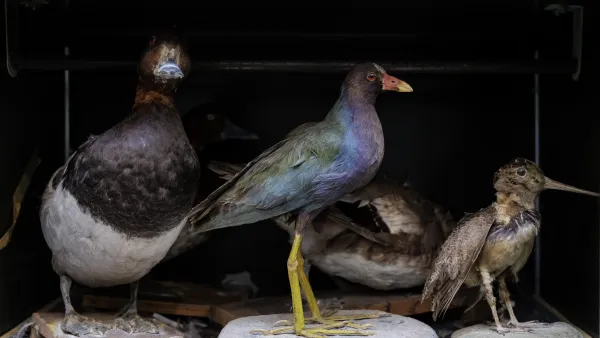Samuel Shearer and Terrance Wooten joined the Center for the Humanities in fall 2017 as Weil Fellows. The Mark Steinberg Weil Early Career Fellowship supports scholars in the urban and public humanities.
In fall 2017, two new scholars have joined the Center for Humanities as Weil Early Career Fellows, after an international search that drew 63 applications from as far away as Australia, India, Jordan and Germany. The Weil post-doctoral fellowship fosters the professional development of gifted scholars and bolsters Washington University’s strengths in urban and public humanities.
“What stood out most to me about this postdoctoral fellowship is its emphasis on the public humanities,” says Terrance Wooten, PhD, one of the new Weil Fellows. “I interpreted that as both the humanities center’s and the university’s commitment to really rethinking how we conceptualize the relationship between academic and nonacademic institutions in a way that trains scholars to do public intellectual work through an interdisciplinary lens. As someone who does engaged scholarship, it was critical for me to seek opportunities that would not only find value in the work I do but also actively support it.”
Weil Fellow Samuel Shearer, PhD, echoes that sentiment. “The Divided City Initiative [an urban humanities project also housed in the Center for the Humanities] has already proved to be a great platform to engage with scholars across the humanities and social sciences, as well as the Sam Fox School,” Shearer says. “I am looking forward to learning from other scholars who work on cities across the various departments, schools and centers at Washington University. As a city person, I am also excited about residing in and learning more about St. Louis.”
This fall, Wooten is teaching Sex in the City: Gender, Sexuality, and the Urban Landscape in Department of Women, Gender and Sexuality Studies. In the spring, he plans to teach a course in the Department of African and African-American Studies. He also looks forward to working with scholars in the Department of Anthropology, the Brown School of Social Work, Gephardt Institute for Civic and Community Engagement, the Institute for Public Health, and the Clark-Fox Policy Institute. Shearer is teaching African Urban Futures in the Department of African and African-American Studies. During the spring semester, he plans to teach a course in design in the Department of Anthropology.
 Terrance Wooten
Terrance Wooten

Wooten earned a PhD in May 2017 from the Department of American Studies at the University of Maryland, having spent the last year as a Charlotte W. Newcombe Doctoral Dissertation Fellow through the Woodrow Wilson National Fellowship Foundation. His dissertation, “Lurking in the Shadows of Home: Homelessness, Carcerality, and the Figure of the Sex Offender,” was a multi-methodological and interdisciplinary project that examined how those who have been designated “sex offenders” and are homeless in the Maryland/DC area are managed and regulated by various technologies of governance such as social policies, sex offender registries and architectural designs. Drawing on scholarship in African American studies, carceral studies, and gender and sexuality studies, his dissertation considered how the very construction of home is bound up in processes of sexual regulation and management that produce certain people as homeless by virtue of their proximity to sexual impropriety, deviance and blackness.
In the short time I have been here, I have already been able to attend community conversations focusing on housing insecurity, prison reform and education inequality. The St. Louis community is a very socially and politically active one, and that is something that I find to be immensely invaluable.” — Terrance Wooten, Weil Early Career Fellow
During his fellowship at Washington University, Wooten plans to build on his dissertation research to develop a better understanding of the social, economic and political implications of homelessness and housing deprivation in both urban and suburban geographies. “I Am Not a Number: On Housing Acuity Scores and the Necropolitical Construction of Vulnerability” offers a humanist critique of contemporary homeless-services delivery models attempting to capture and convert human suffering into discrete, measurable acuity scores. These scores are then used to determine housing options for people experiencing homelessness, often mobilized around the discourse of death — how, when, where and why people die as well as how much their slow dying costs the state. This method has been used to not only construct and subsequently manage homeless populations but also obscure the material impacts of the very systems of oppression that make some people more vulnerable to death than others.
 Samuel Shearer
Samuel Shearer

Shearer earned a PhD in cultural anthropology in May 2017 from Duke University. His dissertation, "The Kigali Model: Making a 21st Century Metropolis," focuses on the markets, neighborhoods and streets where residents of Kigali (the capital city of Rwanda) encounter new architecture and design strategies that are aimed at converting their city into a global metropolis with world-class tourist facilities, high-tech service industries and a “green” urban metabolism. Many city residents, however, experience these processes through mass evictions, market closures and an ongoing utility crisis in the city. In response, they are going kukikoboyi (literally “to cowboy”), creating rogue markets, housing settlements and ad-hoc utility networks. His research explores these divergent practices of city-making to show that in the process a new Kigali is being built: a 21st-century metropolis that, despite being a rogue version of its planned future, is a cosmopolitan urban center that no single interest, process or population fully controls.
While in residence at the humanities center, Shearer will be working on two projects. First, he will edit his dissertation as a book manuscript. Second, he will pursue a new research project following the lives of Rwandans who have recently left Kigali for other cities in the region: Lusaka, Zambia; Lilongwe, Milawi; and Kampala, Uganda.




